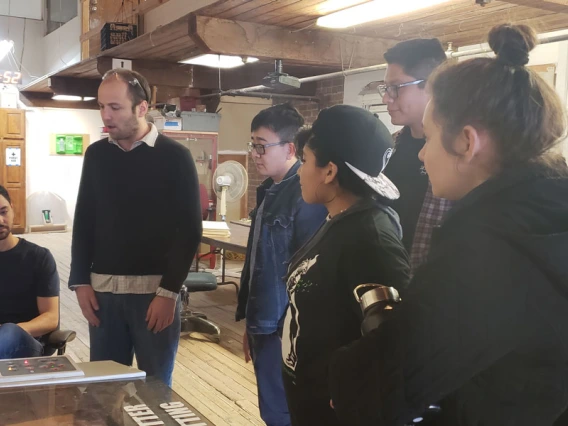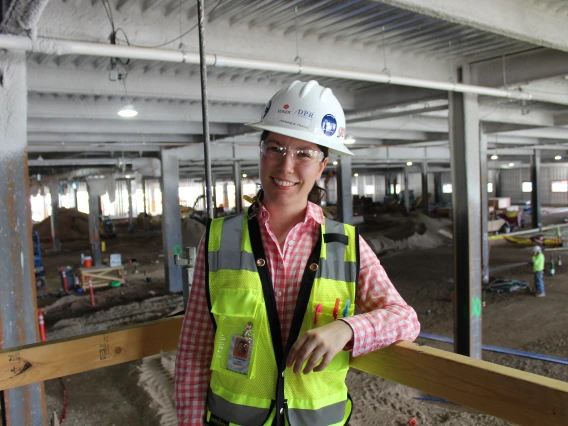UArizona-Led Project to Improve Transfer Credit Process Wins Blockchain Innovation Challenge
Phase 1 winners will each receive $150,000 to apply emerging technology to empower social and economic mobility.

No description provided
The American Council on Education today announced four winners for the first phase of the $900,000 Blockchain Innovation Challenge, funded by the U.S. Department of Education. The projects all identify ways that blockchain technology can help disadvantaged learners more equitably access education and economic opportunity. The winners are collaborators involving K-12, higher education, technology providers and public agencies. All will pilot new applications of the nascent technology to facilitate more secure, streamlined sharing of learning records and create stronger connections between education and work.
"The COVID-19 pandemic has increased the urgency of exploring new solutions that can better serve learners at every stage of their educational journey," said Kara Freeman, senior vice president and chief operating officer of ACE and a member of the Education Blockchain Initiative Steering Committee. "These initiatives seek to reach underserved populations and improve economic mobility with a more just, equitable system by leveraging new technologies to improve information-sharing and expanding access."
UnBlockEd is led by Greg Heileman, vice provost for undergraduate education and professor of electrical and computer engineering at the University of Arizona, along with partners from Georgia Institute of Technology, Fluree and the Gardner Institute. The team will create an open transfer exchange to empower college students by streamlining transfer credit recognition, leading to more efficient and equitable transfer articulation processes.



